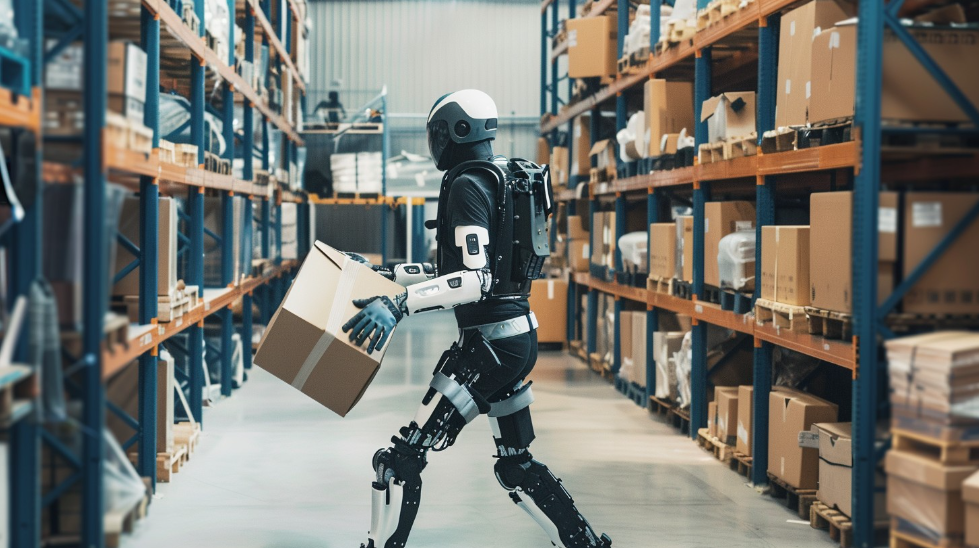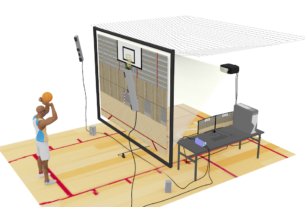Austin, Texas – A new wave of delivery robots is hitting the streets of Austin, but unlike previous deployments, these bots are working with human drivers—not replacing them.
The pilot project, a collaboration between New York-based parcel delivery company Veho and Swiss robotics startup RIVR, introduces AI-powered robots designed to assist human drivers by delivering packages directly to doorsteps. These agile machines can climb stairs, navigate porches, and operate beyond sidewalks—unlocking new delivery possibilities in complex urban environments.
Human-Robot Delivery Teams
Unlike autonomous delivery robots that operate solo, RIVR’s machines accompany Veho drivers on their routes. While the driver drops off one parcel, the robot delivers another—maximizing delivery efficiency and reducing physical strain on workers. The bots use a wheeled-legged design powered by RIVR’s “General Physical AI,” allowing them to adapt to varied terrains and customer delivery instructions. Each drop-off is confirmed with a photo, shared via the Veho app.
The robots will be supervised during the pilot by RIVR staff to ensure safety and service quality.
A New Model for Urban Logistics
RIVR CEO Marko Bjelonic emphasized the importance of this innovation in solving “last-mile” delivery challenges, a growing pain point as e-commerce surges. “Our mission is to deploy 1 million delivery robots globally. This partnership with Veho is a major milestone in bringing our physical AI tech to U.S. cities,” Bjelonic said.
RIVR counts Jeff Bezos among its investors and sees the Austin pilot as a launchpad for scaled deployments across the U.S.
Veho CEO Itamar Zur sees potential for this model to transform the industry: “This partnership is an exciting step in reinventing e-commerce delivery. We’re exploring whether human-robot collaboration can improve delivery speed, reduce costs, and boost on-time performance.”
What’s Next?
Veho currently delivers millions of parcels monthly across 50 U.S. metro areas. If the Austin trial proves successful, the company may expand its use of robotic assistants in other high-density regions.
As e-commerce continues to grow, this hybrid model could mark a new era for smart, efficient, and human-friendly last-mile logistics.



